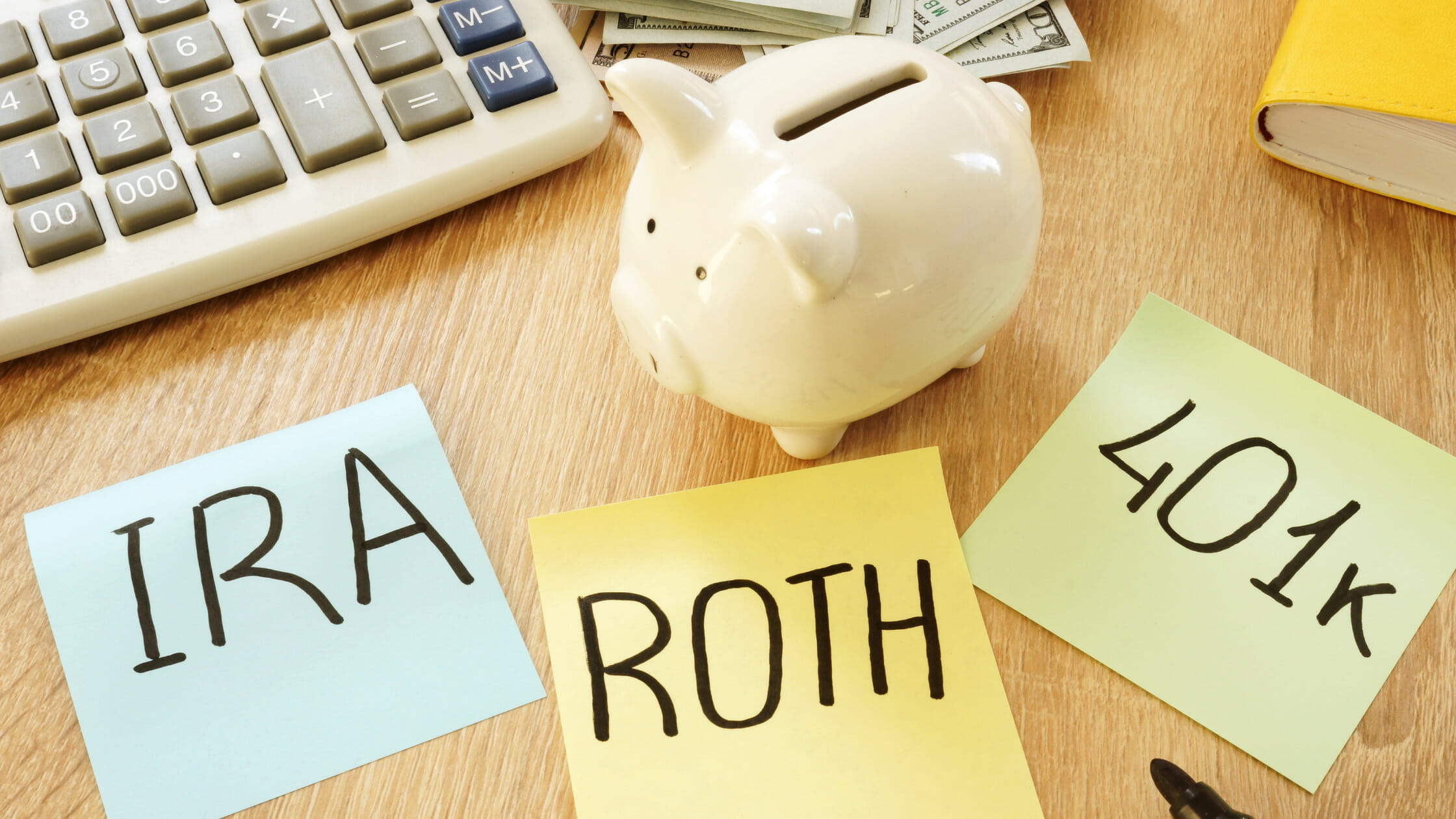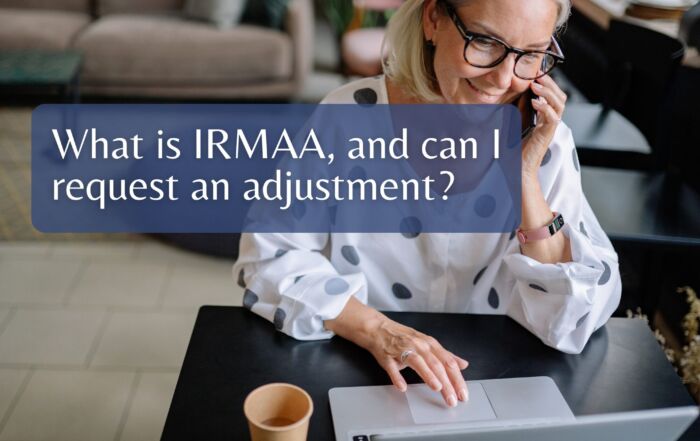
Roth Conversions: Pros, Cons, and Considerations
A Roth conversion is when you convert taxable money from an IRA to a tax-free growth vehicle, like a Roth IRA. If you feel that you’re going to convert at a lower tax rate today than what you will be paying in the future, then it makes sense to do an IRA to a Roth conversion.
Your Current and Future Tax Bracket
For example, if you retired at 65, and are not taking social security yet, maybe you’re living off brokerage account income, so your taxable income is near zero. You could convert at a very low, maybe 0, or a 12% tax bracket in that situation. This makes sense because more than likely, you’ll be closer to a 22% tax bracket in the future.
If you are in the 12% tax bracket and you know you’re always going to be in the 12% bracket, then it doesn’t make sense to do the conversion unless you are doing it for estate planning reasons. So if your children are in a higher tax bracket and you are planning to pass money down to them, it makes sense to convert money from an IRA to a Roth at 12% so that you can pass it to them tax-free. Otherwise, it doesn’t seem reasonable to apply the conversion because it becomes a matter of paying the taxes now or later. You would want to pay the tax bill whenever your taxes are lowest, because it allows your money to grow and work for you longer before the tax is actually owed.
Will taxes be higher in the future?
Another question people sometimes ask is if taxes will be higher in the future. The answer to this question depends on your situation. For example, if you’re a high-income earner, then yes they probably will be higher, especially if you’re making over $400,000 a year. However, under the $400,000 level and even below the $150,000 level, taxes probably won’t likely be higher for you in the future.
Remember to take these things into consideration when converting from an IRA to a Roth with taxable money, and make sure to consult with your financial advisor or CPA for what strategy is best for your situation.
Have more questions? Contact Us
Casey Smith
President, Wiser Wealth Management
Click here to schedule a consultation with one of our financial planners.
Listen to Our Podcast:
Share This Story, Choose Your Platform!
Wiser Wealth Management, Inc (“Wiser Wealth”) is a registered investment adviser with the U.S. Securities and Exchange Commission (SEC). As a registered investment adviser, Wiser Wealth and its employees are subject to various rules, filings, and requirements. You can visit the SEC’s website here to obtain further information on our firm or investment adviser’s registration.
Wiser Wealth’s website provides general information regarding our business along with access to additional investment related information, various financial calculators, and external / third party links. Material presented on this website is believed to be from reliable sources and is meant for informational purposes only. Wiser Wealth does not endorse or accept responsibility for the content of any third-party website and is not affiliated with any third-party website or social media page. Wiser Wealth does not expressly or implicitly adopt or endorse any of the expressions, opinions or content posted by third party websites or on social media pages. While Wiser Wealth uses reasonable efforts to obtain information from sources it believes to be reliable, we make no representation that the information or opinions contained in our publications are accurate, reliable, or complete.
To the extent that you utilize any financial calculators or links in our website, you acknowledge and understand that the information provided to you should not be construed as personal investment advice from Wiser Wealth or any of its investment professionals. Advice provided by Wiser Wealth is given only within the context of our contractual agreement with the client. Wiser Wealth does not offer legal, accounting or tax advice. Consult your own attorney, accountant, and other professionals for these services.





